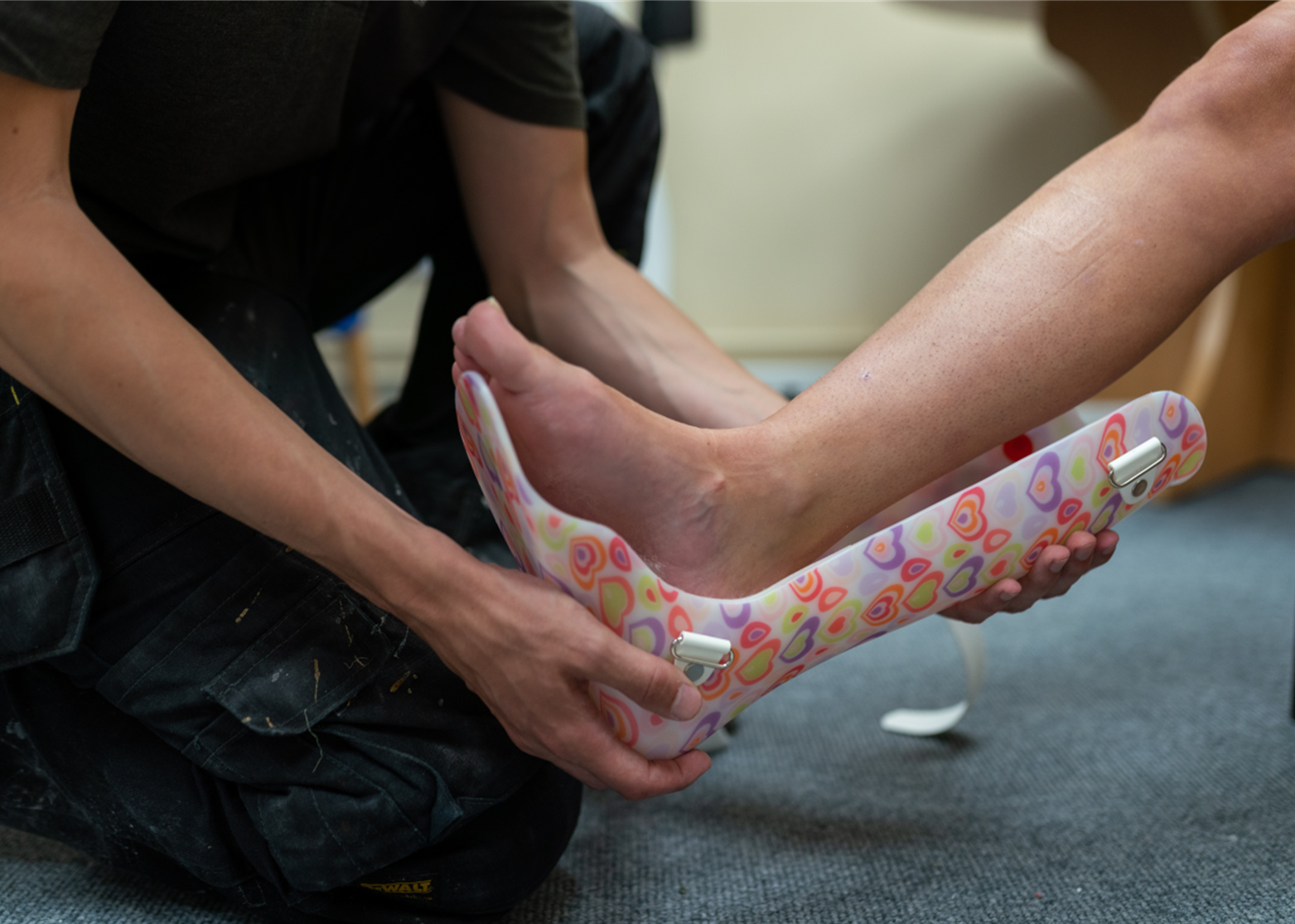NHTI's Orthopaedic Technology certificate program trains you in casting and splinting. You'll complete hands-on training in the on-campus lab and externships. All courses and clinical externships are taught by industry professionals and leaders. The students in the Orthopaedic Program are very active on campus with the Orthoblast Club. This program is financial aid eligible.
Do you have questions? Contact Heather Smith, program coordinator, at hsmith@ccsnh.edu. The department chair for this program is Amy VonKadich, who can be reached at avonkadich@ccsnh.edu.
Apply for this program today on our Admissions page with step-by-step instructions and enrollment pathways build just for you!
Preference will be given to applicants whose applications are complete (with the exception of the interview) and received by the Admissions Office by the deadline.
Admissions Deadline: March 1, 2025, for Fall 2025; candidates will be considered through July 31, 2025, on a space availability basis.
Applicants are required to have:
- High school diploma or proof of high school equivalency
- Personal interview
- A completed course in BLS CPR from the American Red Cross, American Heart Association, or the National Safety Council. Online-only programs are not approved. For more information on CPR requirements, see NHTI Health Requirements webpage.
- Applicants must write an essay on their desire to enter the Orthopaedic Technology program; instructions on how to complete this requirement can be downloaded at this link: Orthopaedic Technology Admission Essay Requirements and are available from the Admissions Office at NHTIadmissions@ccsnh.edu.
- Complete a course in CPR and Airway Obstruction Management for healthcare providers/professional rescuers prior to program registration; this may be completed after acceptance.
Students who wish to enter this degree program and are enrolled in another NHTI program must complete and submit the Change of Program form and submit it to the Admissions office at NHTIadmissions@ccsnh.edu.
Graduates from this program are eligible to take the National Registry Exam and can work anywhere in the country.
Fall Semester
Spring Semester
Summer Semester
Health, Character, and Technical Requirements
Standards have been established as to the skills and abilities required to function successfully in the program and profession.
- Sufficient hearing to assess patient needs and to understand instructions, emergency signals and telephone conversation
- Sufficient visual acuity to observe patients, manipulate equipment, and interpret data
- Visual acuity sufficient to ensure a safe environment, identify color changes, read fine print/writing, and calculate fine calibrations
- Sufficient verbal ability to express and exchange information and ideas and to interact with patients, family members, physicians, peers, and other ancillary medical personnel
- Sufficient writing skills to record medical data and communicate with other medical professionals
- The ability to express ideas to educate the client and exchange information with other health professionals, including typing on a computer
- Ability to work with frequent interruptions, to respond appropriately in emergencies or unexpected situations, and to cope with extreme variations in workload and stress levels
- Sufficient strength and motor coordination to perform the following physical activities: manual dexterity in handling and lifting equipment; frequent moving and lifting of patients; stooping and bending for sustained periods of time; and performing CPR
- Standing for sustained periods of time and walking most of the work day
- Frequent reaching and manual dexterity in handling durable medical equipment
- Ability to secure transportation to practicum sites and classes
Applicants will be exposed to latex during clinical settings. Those who think they may not be able to meet one or more of the technical standards should contact the department chair or faculty to discuss individual cases.


